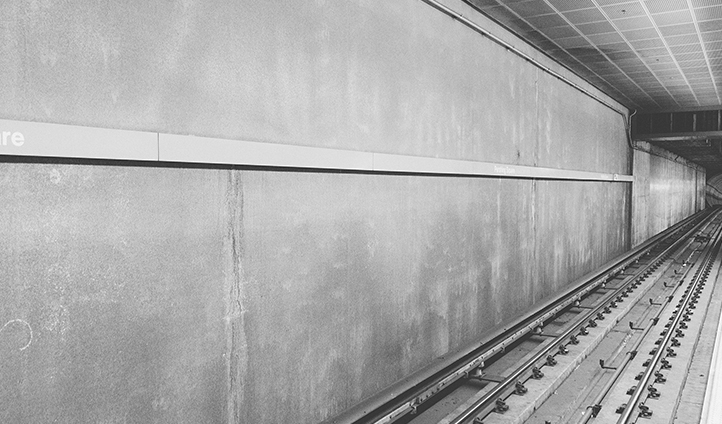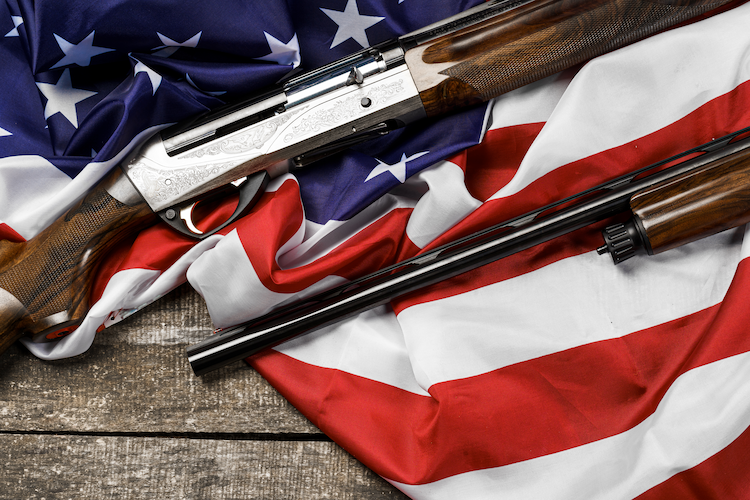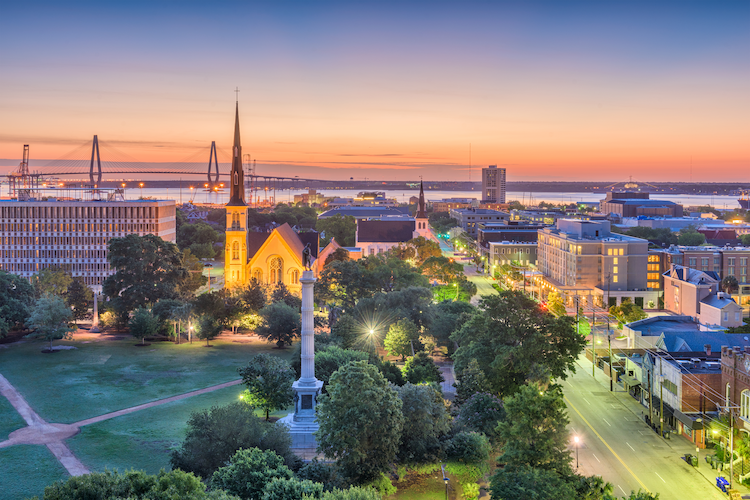Menu
Hot-Topics
July 9, 2024 | SCOTUS Clarifies Court Must Resolve Competing Arbitration Provisions
Home » Historical








Historical

Pennoyer v Neff Outlines Personal Jurisdiction Requirements
In Pennoyer v Neff, 95 U.S. 714 (1878), the U.S. Supreme Court considered the relationship between the Due Process Clause of the Fourteenth Amendment and personal jurisdiction. I...

Government Takings Under Penn Central Transportation Co v New York City
In Penn Central Transportation Co v New York City, 438 US 104 (1978), the U.S. Supreme Court held that New York City’s restrictions on Grand Central Terminal did not amount ...

Walker v Sauvinet Limits Right to Civil Jury Trial to Federal Cases
In Walker v Sauvinet, 92 U.S. 90 (1876), the U.S. Supreme Court held that the right to a jury trial guaranteed under the Seventh Amendment to the Constitution did not apply to st...

Supreme Court Declares Greenbacks Legal in Knox v Lee
In Knox v Lee, 79 U.S. 457 (1871), the U.S. Supreme Court held that the Legal Tender Act, which authorized the printing of paper money not redeemable in gold or silver, did not v...

Texas v White Holds Confederate States Never Left Union
In Texas v White, 74 U.S. 700 (1869), the U.S. Supreme Court held that Texas never legally left the Union during the Civil War because the U.S. Constitution did not allow states ...

Cooley v Board of Wardens: States Not excluded from Regulating Interstate Commerce
In Cooley v Board of Wardens, 53 U.S. 299 (1852), the U.S. Supreme Court held that the state may regulate interstate commerce under the Constitution’s Commerce Clause, provided...

Strader v. Graham Lays Foundation for Dred Scott Decision
In Strader v. Graham, 51 U.S. 82 (1851), the U.S. Supreme Court held that it had no jurisdiction to determine whether slaves whose master allowed them to occasionally travel from...
Jones v Van Zandt: Supreme Court Tackles Constitutionality of Slavery
Jones v Van Zandt, 46 U.S. 215 (1847) is one of the U.S. Supreme Court cases that considers slavery issues before the Civil War. The justices ultimately ruled against abolitionis...
Swift v Tyson Authorizes Federal Courts to Create Federal “Common” Law
In Swift v Tyson, 41 U.S. 1 (1842), the U.S. Supreme Court held that the federal courts were authorized to create their own body of common law when hearing cases based on diversi...

Worcester v Georgia: Indian Sovereignty and the States
In Worcester v Georgia, 31 U.S. 515 (1832), the U.S. Supreme Court held that the Cherokee Nation was sovereign. It also ruled that the federal government — and not the states �...
Previous Articles
SCOTUS Sides With NRA in First Amendment Dispute
by DONALD SCARINCI on June 25, 2024
In National Rifle Association of America v. Vullo, 602 U.S. ____ (2024), the U.S. Supreme Court rul...
SCOTUS Rules Challenged South Carolina District Is Not a Racial Gerrymander
by DONALD SCARINCI on June 19, 2024
In Alexander v. South Carolina State Conference of the NAACP, 602 U.S. ____ (2024), the U.S. Suprem...
SCOTUS Holds No Time Limit for Damages Under Copyright Act
by DONALD SCARINCI on June 17, 2024
In Warner Chappell Music, Inc. v. Nealy, 601 U.S. ____ (2024), the U.S. Supreme Court held that the...
The Amendments
-
Amendment1
- Establishment ClauseFree Exercise Clause
- Freedom of Speech
- Freedoms of Press
- Freedom of Assembly, and Petitition
-
Amendment2
- The Right to Bear Arms
-
Amendment4
- Unreasonable Searches and Seizures
-
Amendment5
- Due Process
- Eminent Domain
- Rights of Criminal Defendants
Preamble to the Bill of Rights
Congress of the United States begun and held at the City of New-York, on Wednesday the fourth of March, one thousand seven hundred and eighty nine.
THE Conventions of a number of the States, having at the time of their adopting the Constitution, expressed a desire, in order to prevent misconstruction or abuse of its powers, that further declaratory and restrictive clauses should be added: And as extending the ground of public confidence in the Government, will best ensure the beneficent ends of its institution.
Awards




